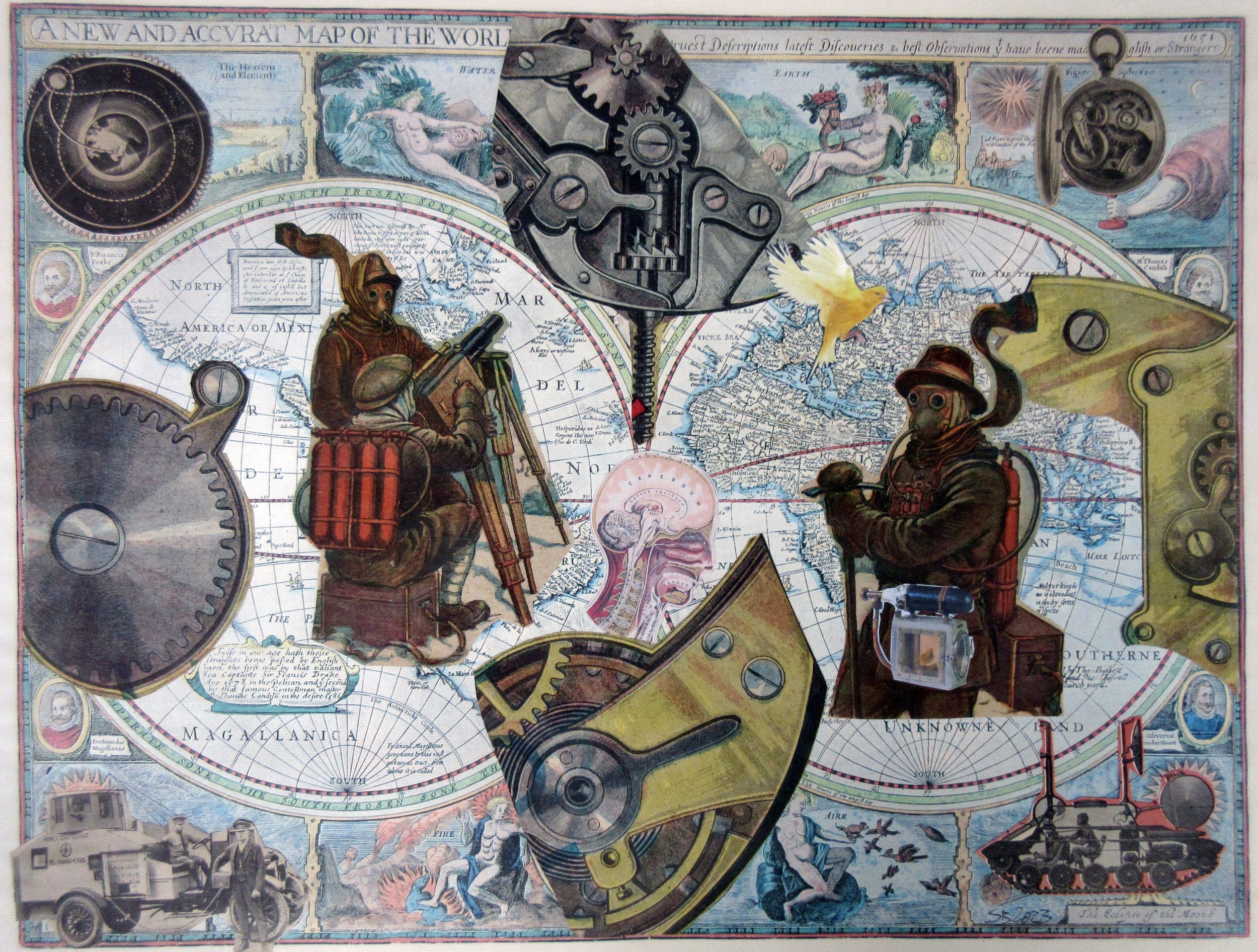
Mental Ecology
The Mental Health Crisis
The numbers of people suffering from mental health problems are going through the roof. If we were to look at numbers alone, we might describe it as a pandemic, but we don't.
We insist on viewing mental health as an issue for each individual.
But neither psychology nor psychiatry seem to be offering broad enough frameworks for addressing the epic scale of the problem.
Fewer and fewer of us see our selves represented in the label “normal”.
Anyone whose nervous system reacts to the pressures and challenges of an accelerating culture will most likely be diagnosed, medicated and/or in other ways excluded rather than have their needs met.
What if all our ideas of "overcoming our weaknesses" and seeing mental variations as symptoms of chemical deficiencies are actually built on completely false conceptions of what it is to be human?
What if we had a psychology that acknowledged and understood the body, mind and soul as interwoven in the complex mycelium of life with whom we co-habit this planet?
What I suggest is that the psyche is a mental ecosystem. And that it like all other ecosystems, depends on certain basic needs to be met: connectedness, balance, bio-diversity and self-organisation.
Assuming this, we might consider if the mental health crisis - like the other ecological crises - is actually a result of the ubiquitous lack of care and respect for these needs. And all the symptoms like burn-out, anxiety, loneliness etc. evidence of a way of living that is unsustainable. That, popularly said, everybody struggling with mental health issues are in effect like the canaries of the coalmine showing us that something is dead wrong.
A very un-merry merry-go-round
What I want more than anything is to make it clear how closely connected the mental health crisis is with the culture of growth. How the culture of growth fuels the mental health crisis - and how at the same time the mental health crisis is also fuelling the culture of growth. Creating a lethal and disastrous self-accelerating vicious circle.
Growth culture has become a machine that in addition to threatening life on the planet, creates a rash overheating of the mental space which is causing serious harm to the mental ecosystems :
A labor market that has hacked our motivation system and our nervous system;
A consumer culture that has hacked our needs;
A marketing industry that has hacked our emotional lives;
A tech industry that has hacked our neurobiology with subtle weapons of mass distraction;
And a pharmaceutical industry that has hacked our need to soothe the consequences of mental overheating.
If we cut right to the bone of the market economy and growth culture, it seems that psychological imbalance has actually become a decisive factor for the machine to run.
Even though we maintain the illusion that the success criterion of consumer society is to meet our needs, the fact is that consumerism is actually based on its own unique ability to constantly disappoint us.
The hungrier the soul, the better it is for the market.
The consumption machine only works as long as we continue to believe that we do not have enough, are not enough.
The motor of the culture of growth is therefore a consumerism that is essentially driven by the feelings of dissatisfaction, inadequacy and anxiety that make up the mental health crisis.
Which means that the degrowth that is said to be the only possible way to halt the climate crisis might not at all be the painful loss that some present it as - but on the contrary a win-win that will improve the life quality of the 99%.
Thanks to somatics coach Rachel Blackman for the juicy explorative conversation from which you will find bits and pieces spread around all over these pages.
There are two ways we can go.
We continue to invent new diagnoses and medication for the growing number of canaries whose mental ecosystem cannot cope with the ever new complex demands and de-humanising challenges.
Or we revolt, close the mine - and replace our destructive consumer culture with a life-affirming culture. A culture with values that support growth in quality of life instead of consumption. A society centered around the needs of the mental and all the other ecosystems.